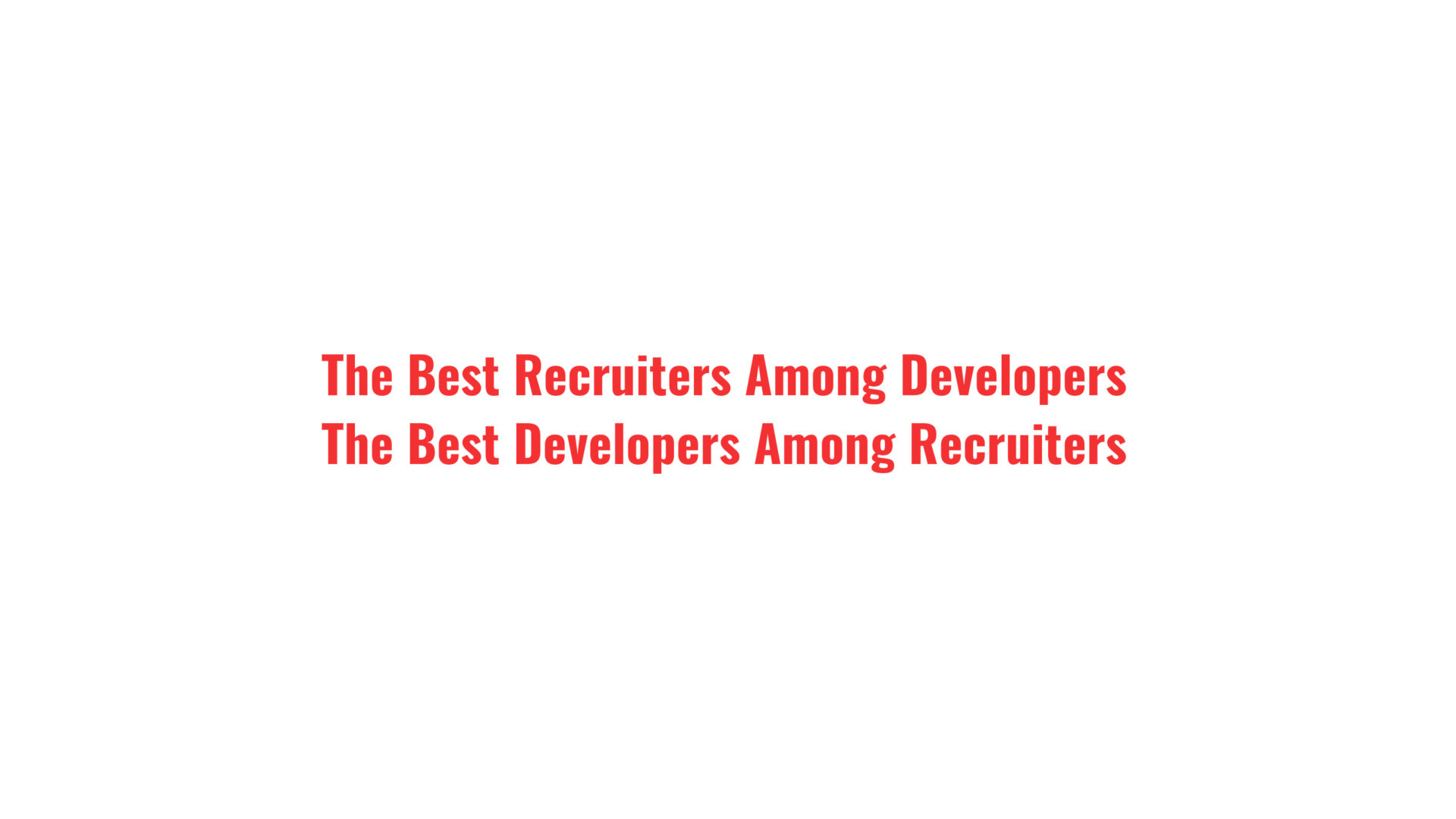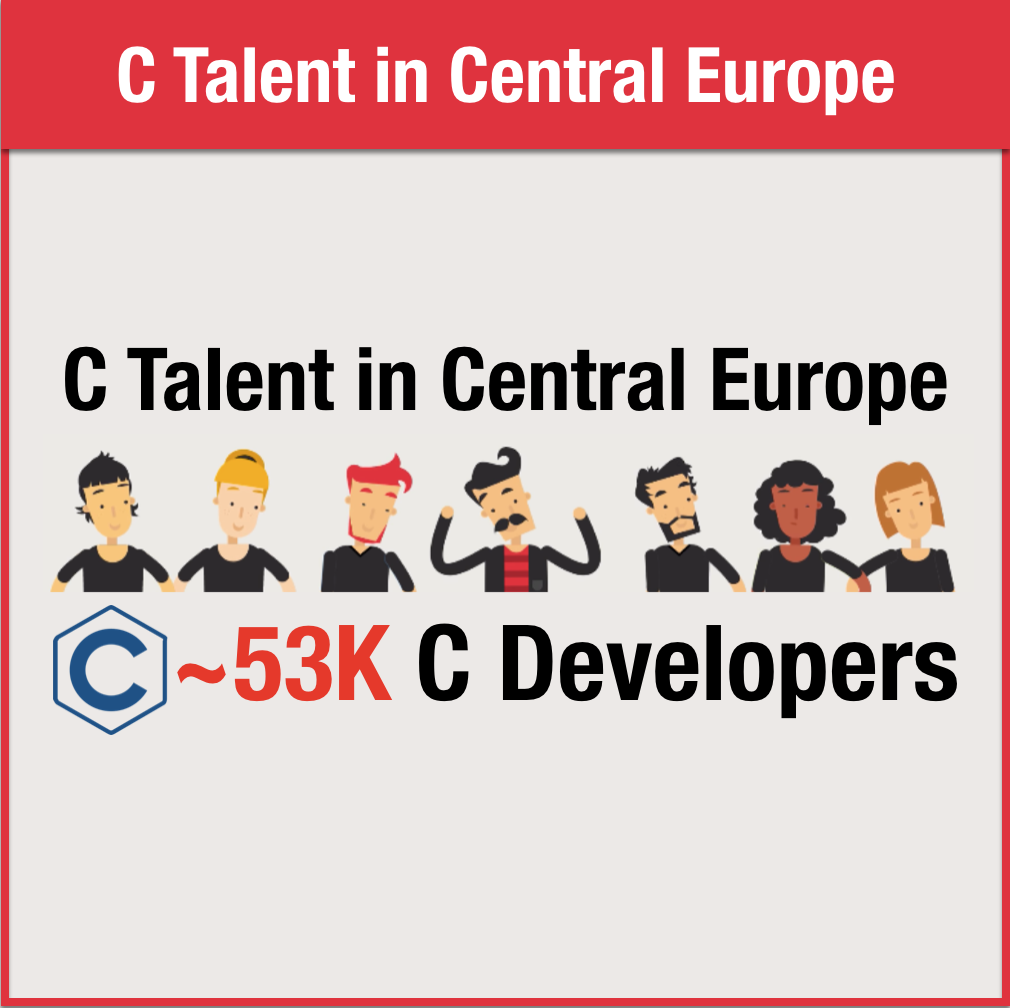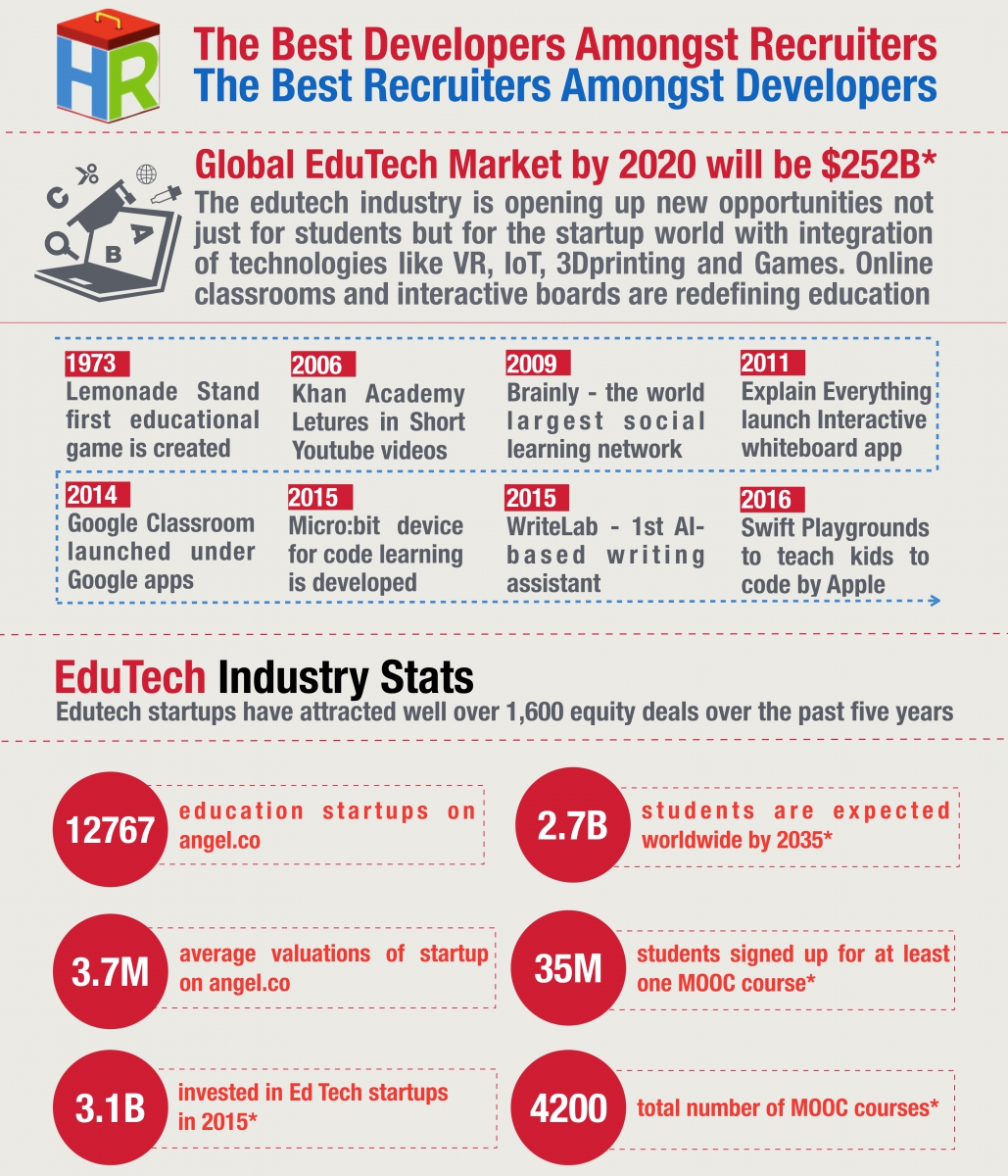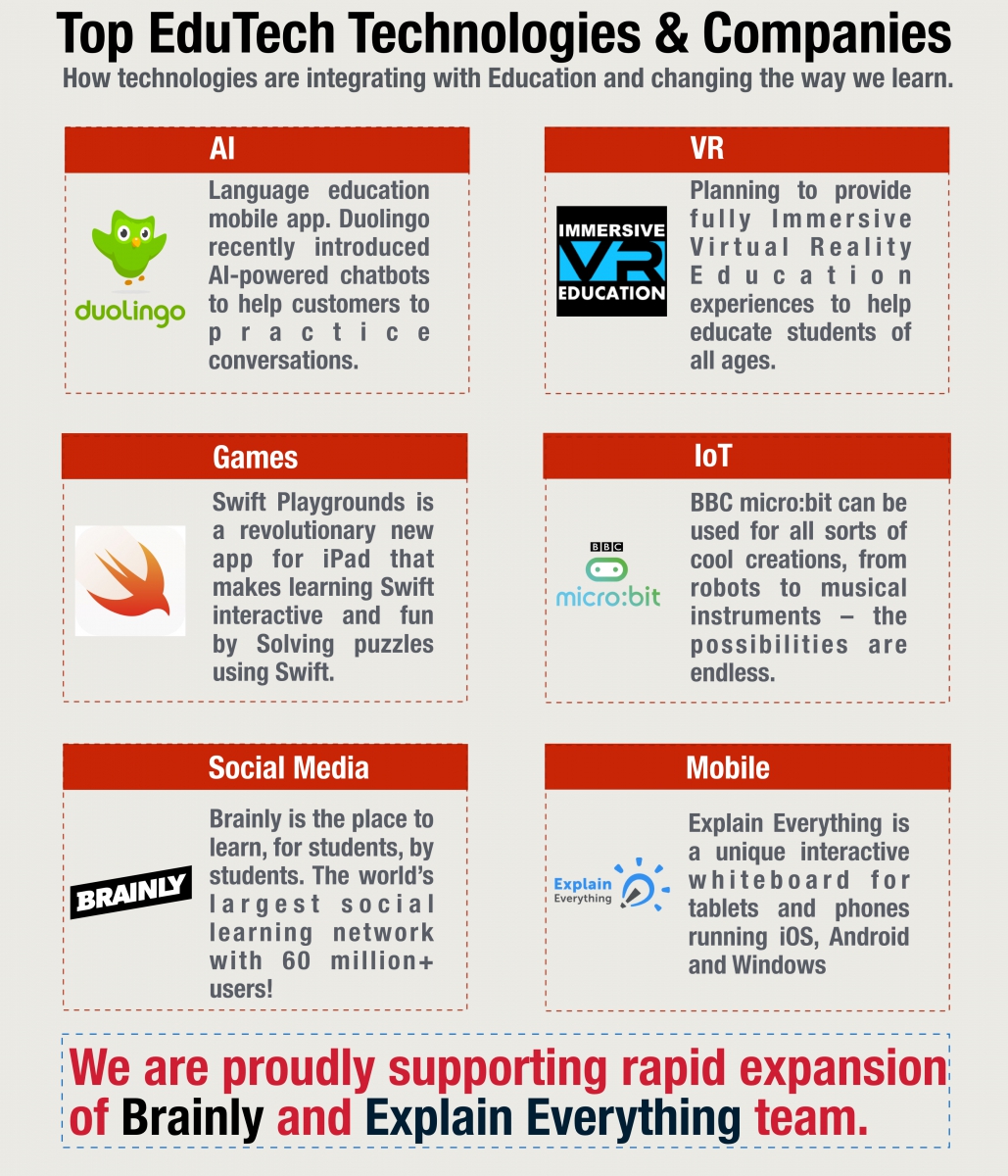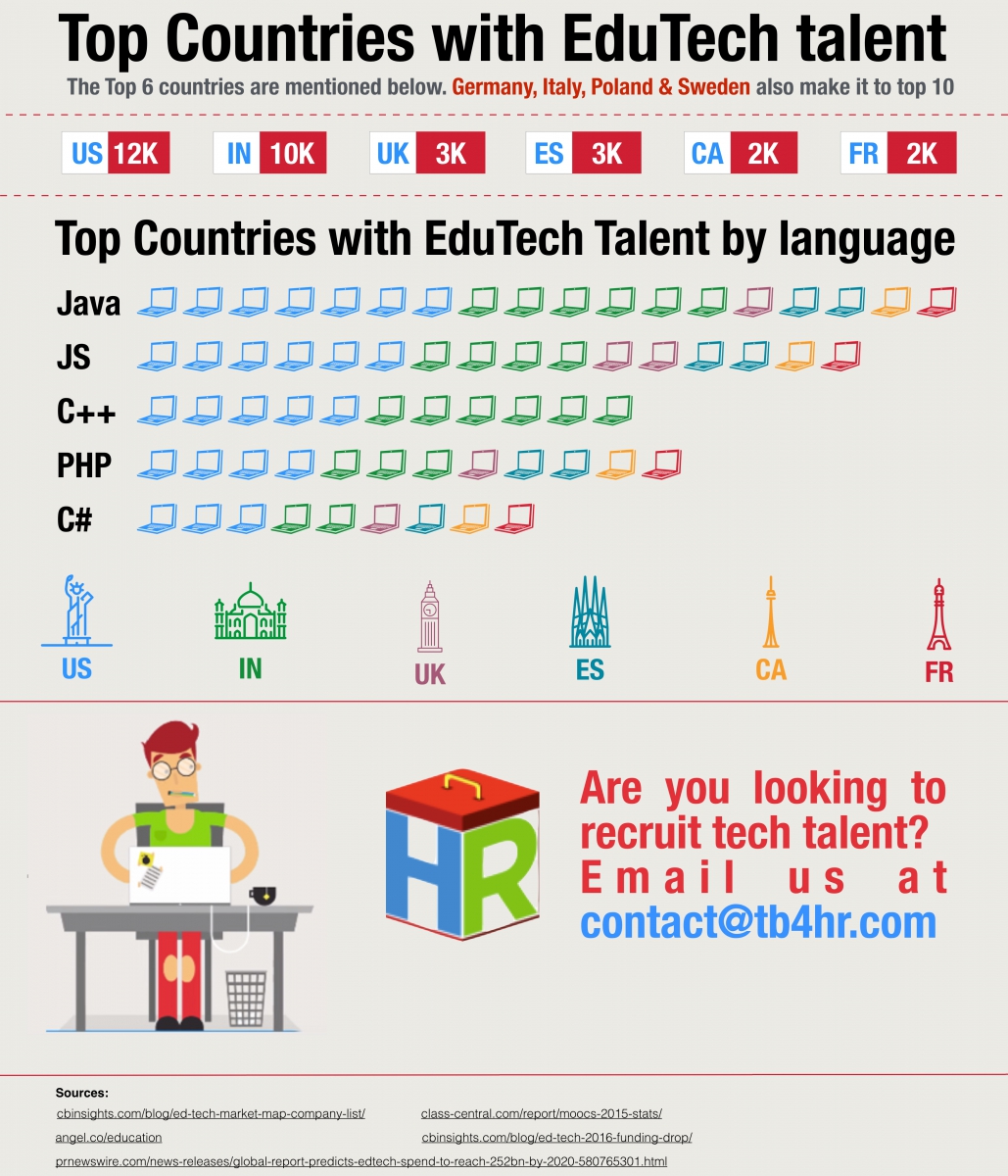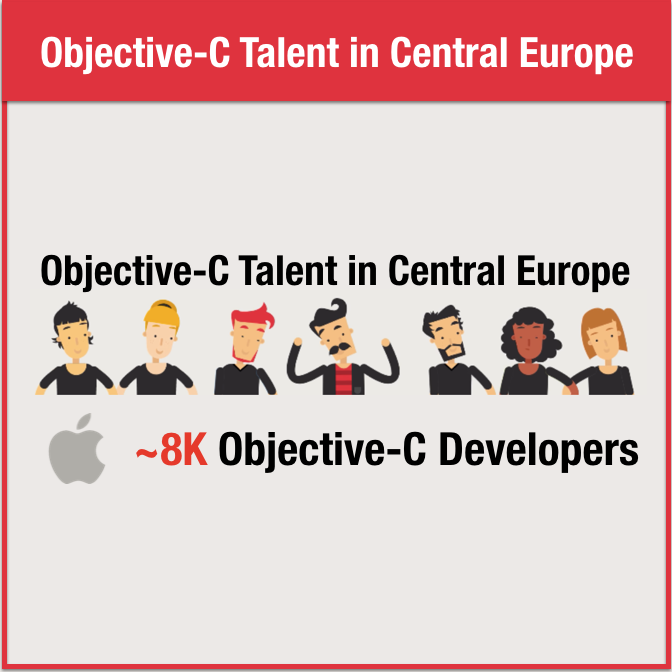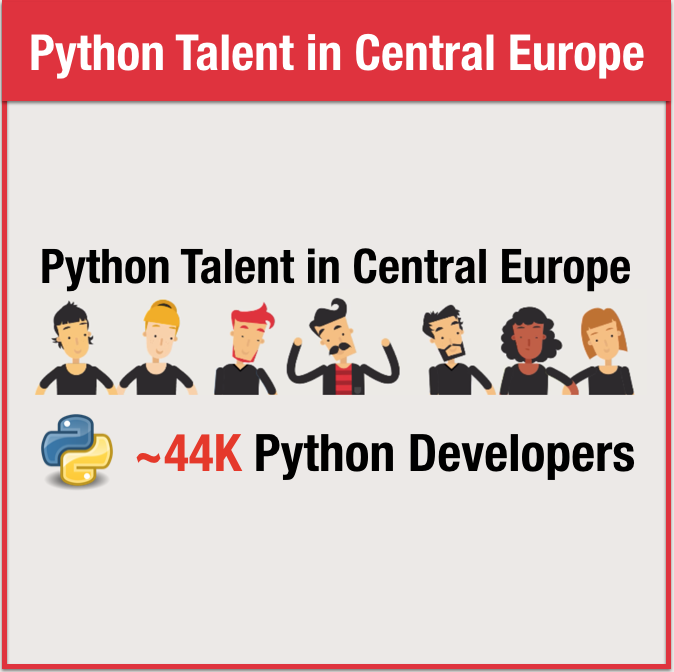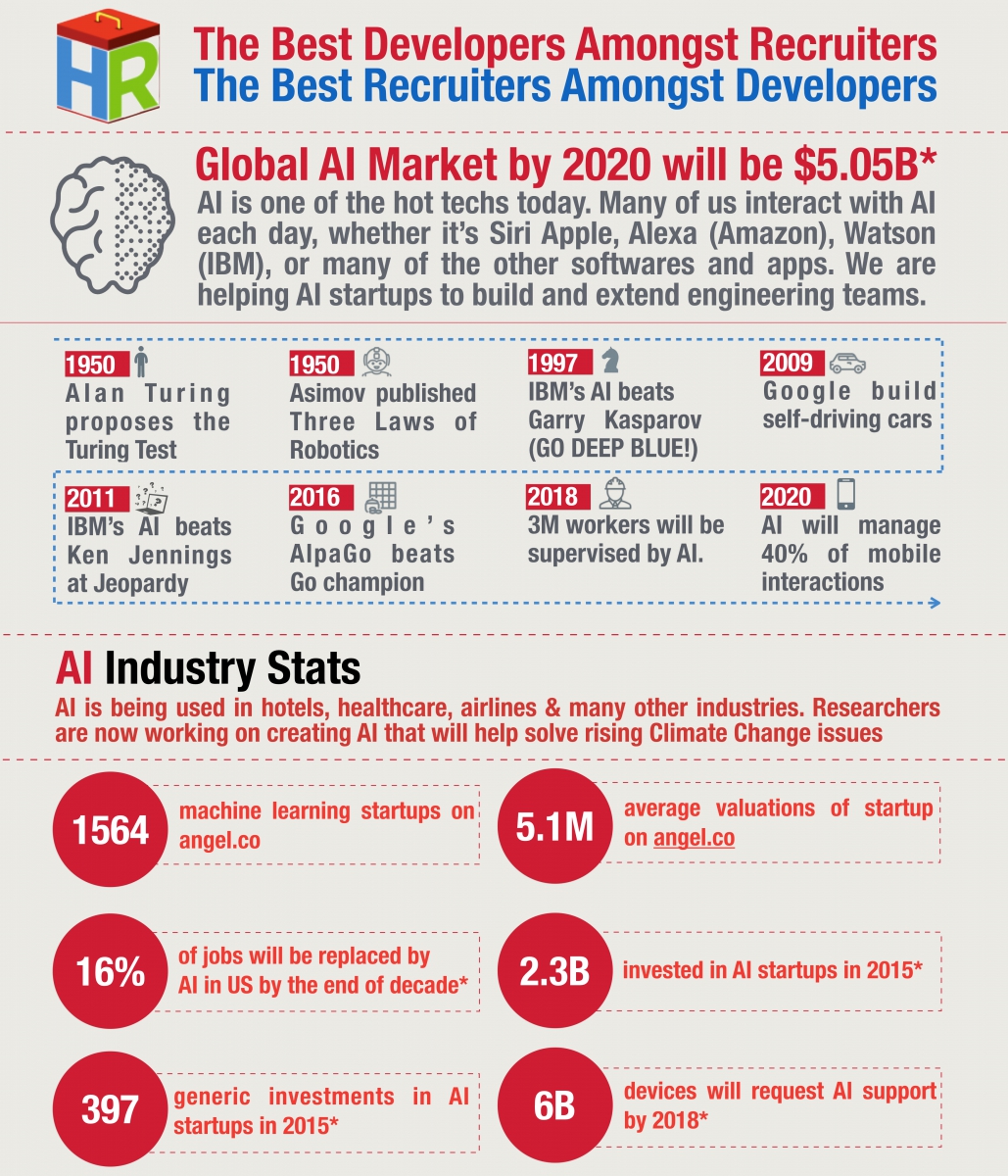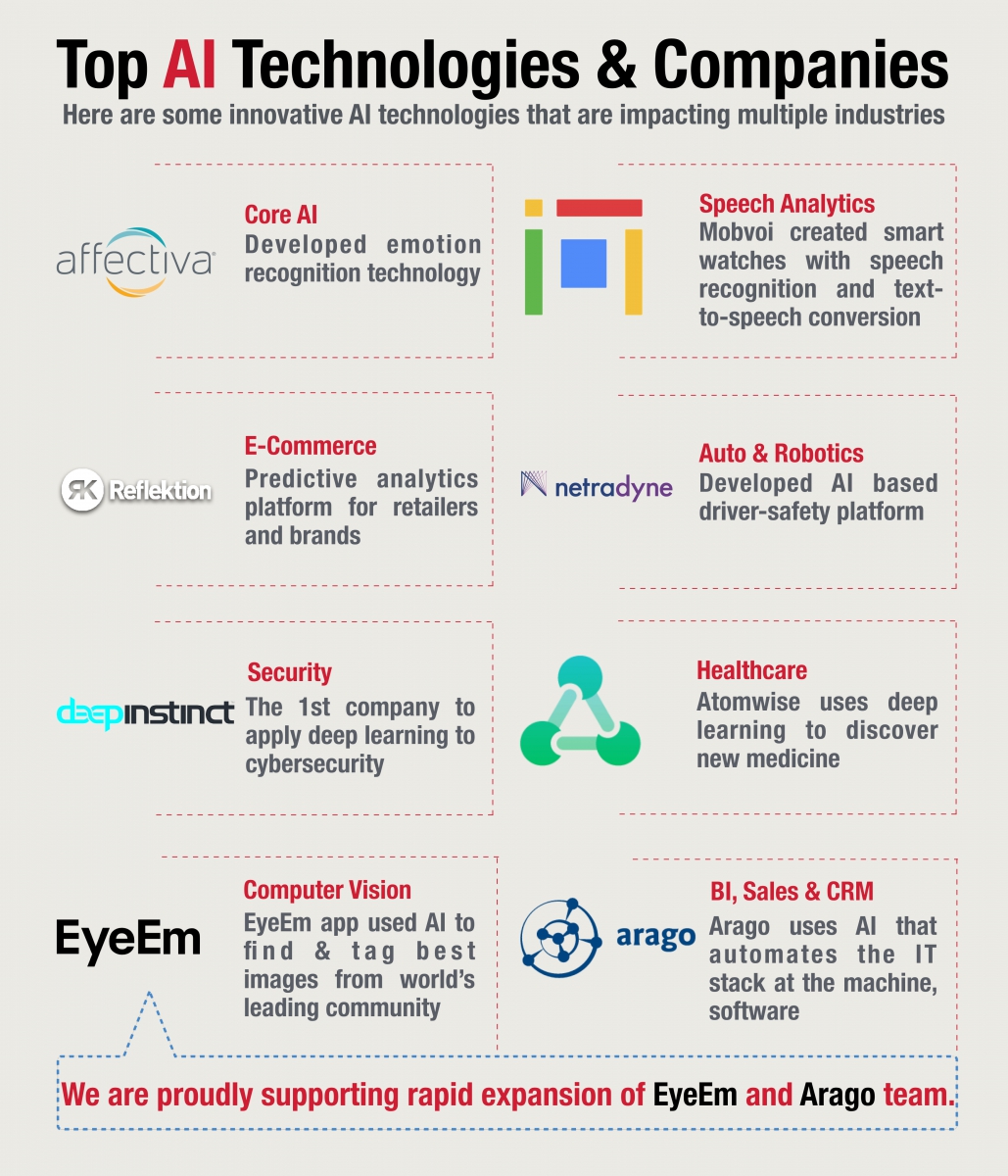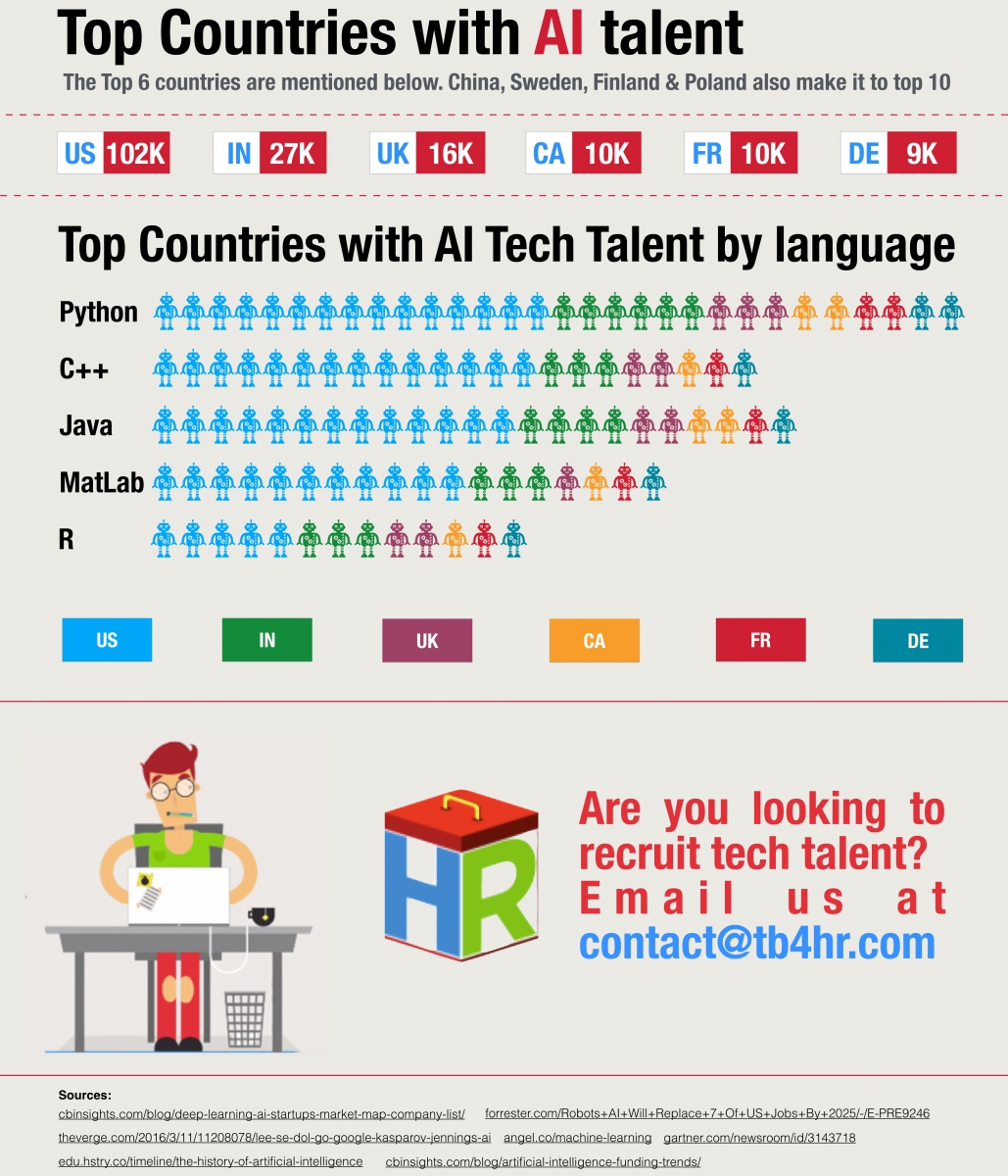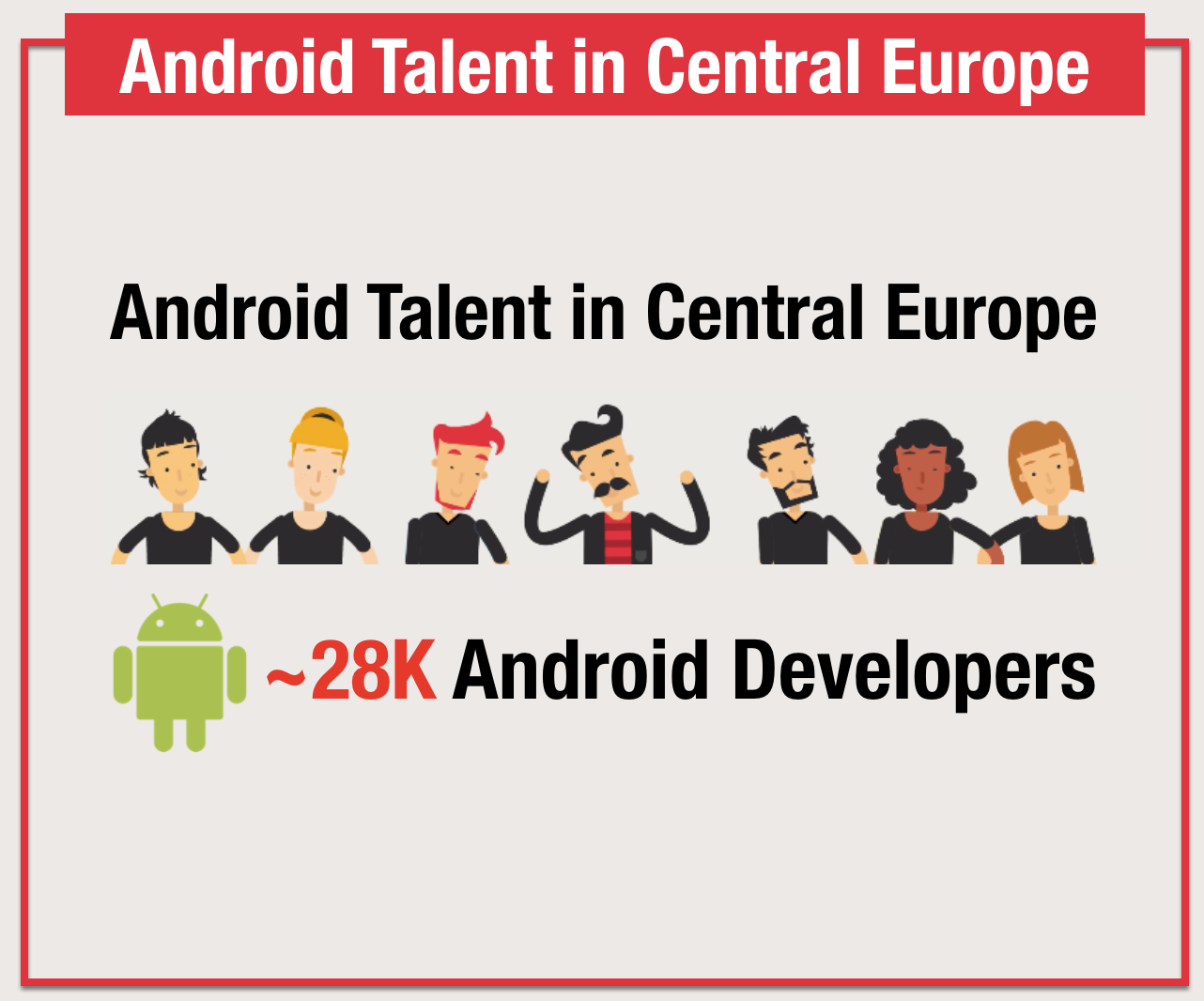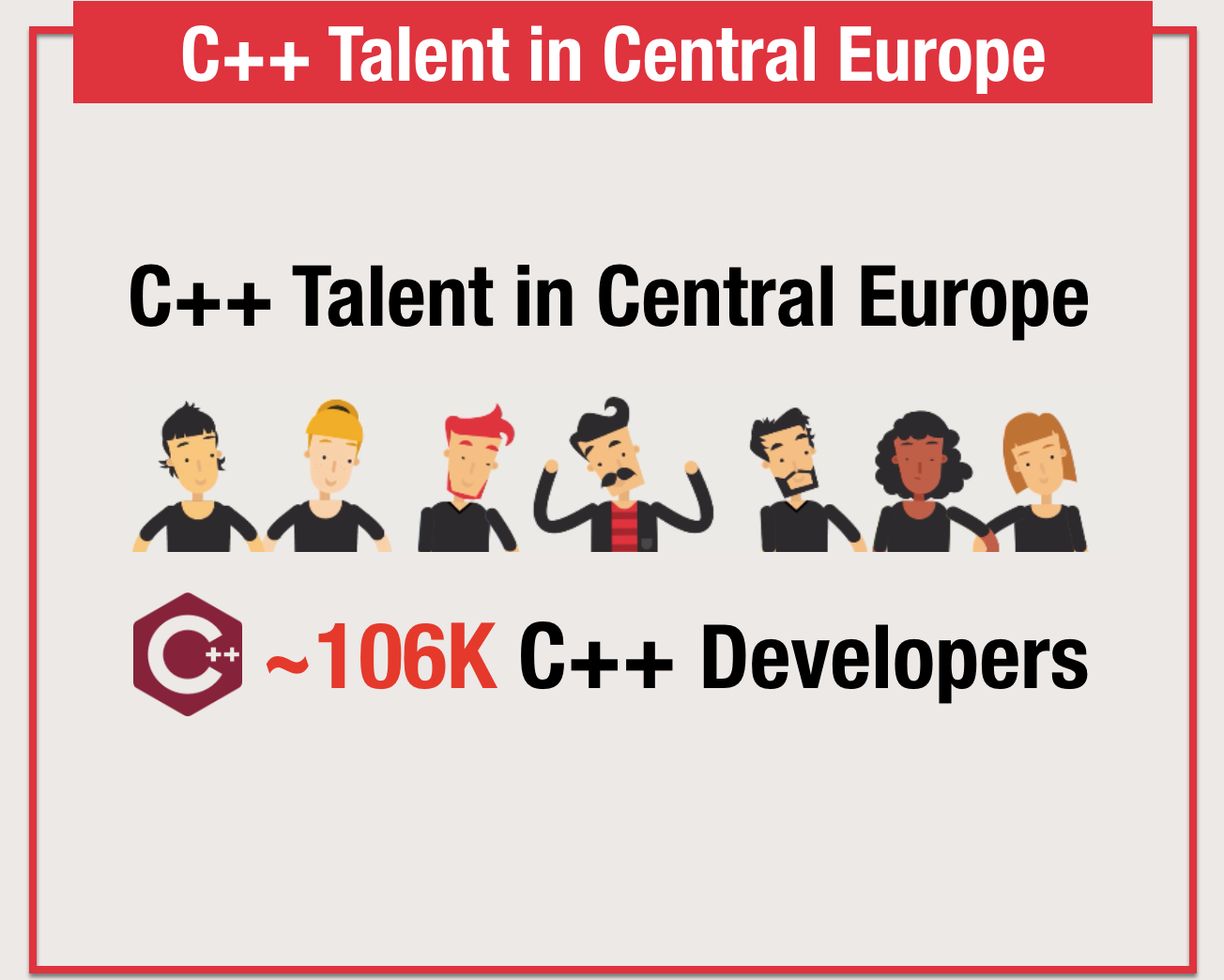In Conversation with Sebastian Wieckowski – Senior Tech Recruiter
TB4HR Team
0
Q: Which is your favorite programming language and why?
A: Of course Pascal and Assembler (and playing with it on 8085 microprocessor) – mainly because of nostalgia and how terribly hard was to pass Microprocessor programming class.
Q: Which one is the easiest to recruit for?
A: Oh well, if we are talking about all programming languages, the answer is simple: the easiest are roles where you have a knowledge about them, you know some tools, you personally played with them and made some real programming. In my opinion it is essential to have a great understanding of technology and role itself, it is not enough to read about it on Wikipedia or ask a Hiring Manager. Recruiters should educate themselves about each techstack.
For example I never done C++ programming before, my knowledge was very general so when I had to recruit a super star C++ developer, the first thing I made was installing all the tools to write some basic programs, go for some tutorials for a week or so. Doing all this prepared me to ask more in depth technical questions and understand what candidate was talking about. This also helped me to evaluate (on a high level) their skills and not send candidates for slaughter on next stages.
Overall, it really depends on requirements of Hiring Manager. If you are not a partner for him/her to ask questions, advice and sometimes challenge the search criteria, the easiest role can take months to fill. If you cannot build a credibility with Hiring Manager it’s hard to be a partner.
Q: You were into product management & sales in past. What did you learn in the previous jobs that helped you to move to recruiting?
A: That everything depends on me and I should not count on others to achieve my goals. I know it’s sometimes not very easy to deal with me but I hold myself (and others) to high standards when it comes to learning and internal drive.
Working for Polish Telecom and Netia at the very beginning of my career (2005 or so) had the biggest impact on me. I was a simple hardware IT guy fixing computers. Later on when market was changing I went to work in Polish Telecom’s call center and then moved to Netia as Tech Consultant and trainer. Add to this my geeky nature and 260-320 hours of work per month and I got nice fundamentals which shaped me into who I am today.
Q: Do you think tests help to recruit developers?
A: What kind of tests? The simple answer would be no.
Too many False negatives – the human factor is required on all stages in my opinion (well in few years sourcing could be replaced with some nice machine learning.)
Q: What are your favourite tools to source great tech talent?
A: We got so many great things to use currently: GitHub, Stack Overflow, Linkedin, Twitter, Facebook even Meetup, and Kickstarter like pages where we can use x-ray, scripting etc.. All of them are good to source and you can have a great success. But my personal network, developers coming back to me and recommending people is the best option I have – from this source I got like 5% of my hires but I am proud that experienced developer can come back to me to recommend his friend or ask for advice when he/she is changing the job or wants to go into different tech stack for example. This is a proof that I am doing something meaningful – developers are not numbers and assets to be placed to client. In fact I am responsible for their future career to some extent.
Q: What tips would you like to share for those starting their careers in tech recruitment?
A: You need to love and understand IT and its community, some tech knowledge is a must have.
If you did not write simple ‘Hello world’ with any programming language, you don’t know what is the difference between HTTP or HTTPs, or why Unix is still a thing..try to learn. Practice your coding skills a bit, if you hate it, tech recruitment might not be a place for you. Writing poems on Linkedin to attract a Java Developer, or putting pretty pictures for LinkedIn profile won’t do the trick.
